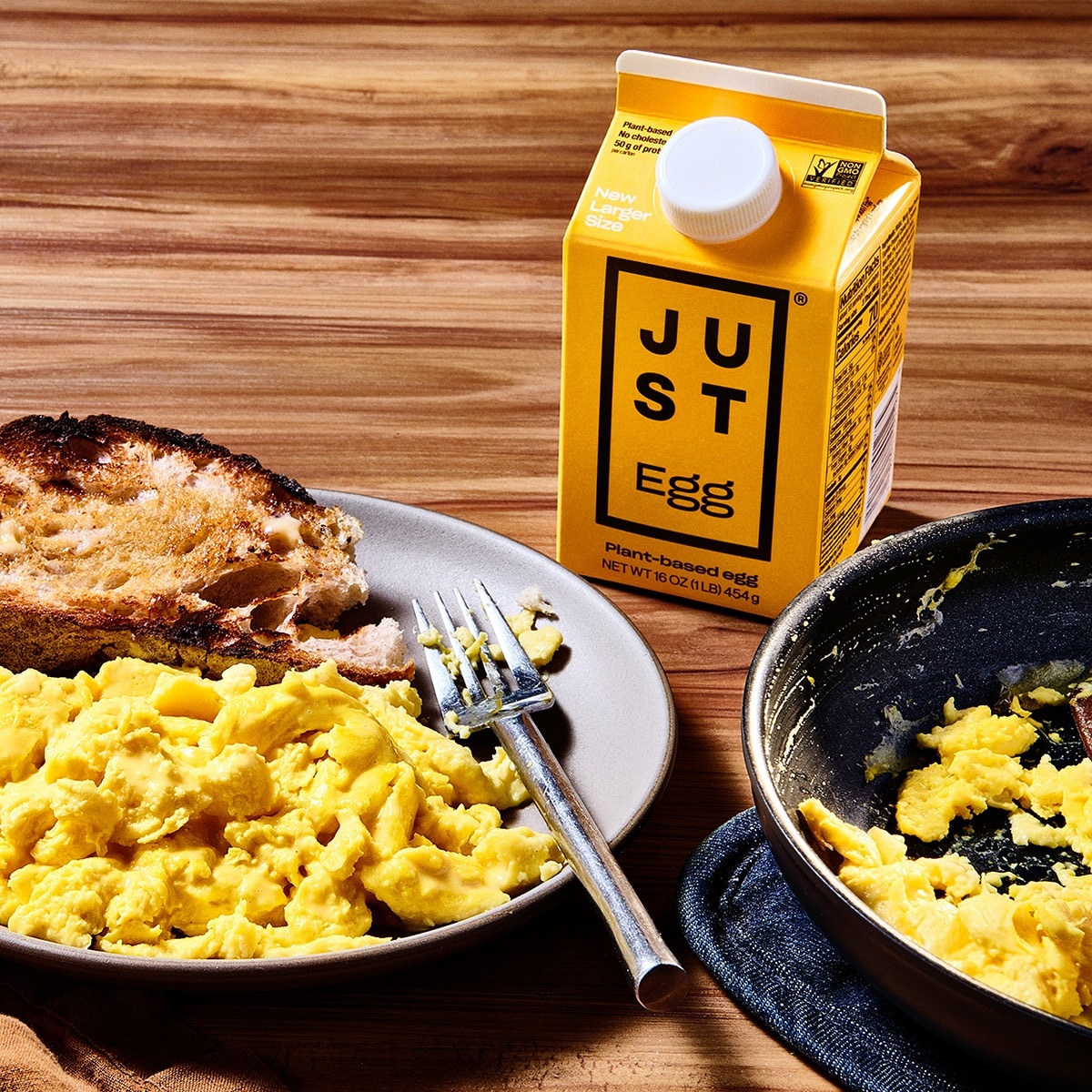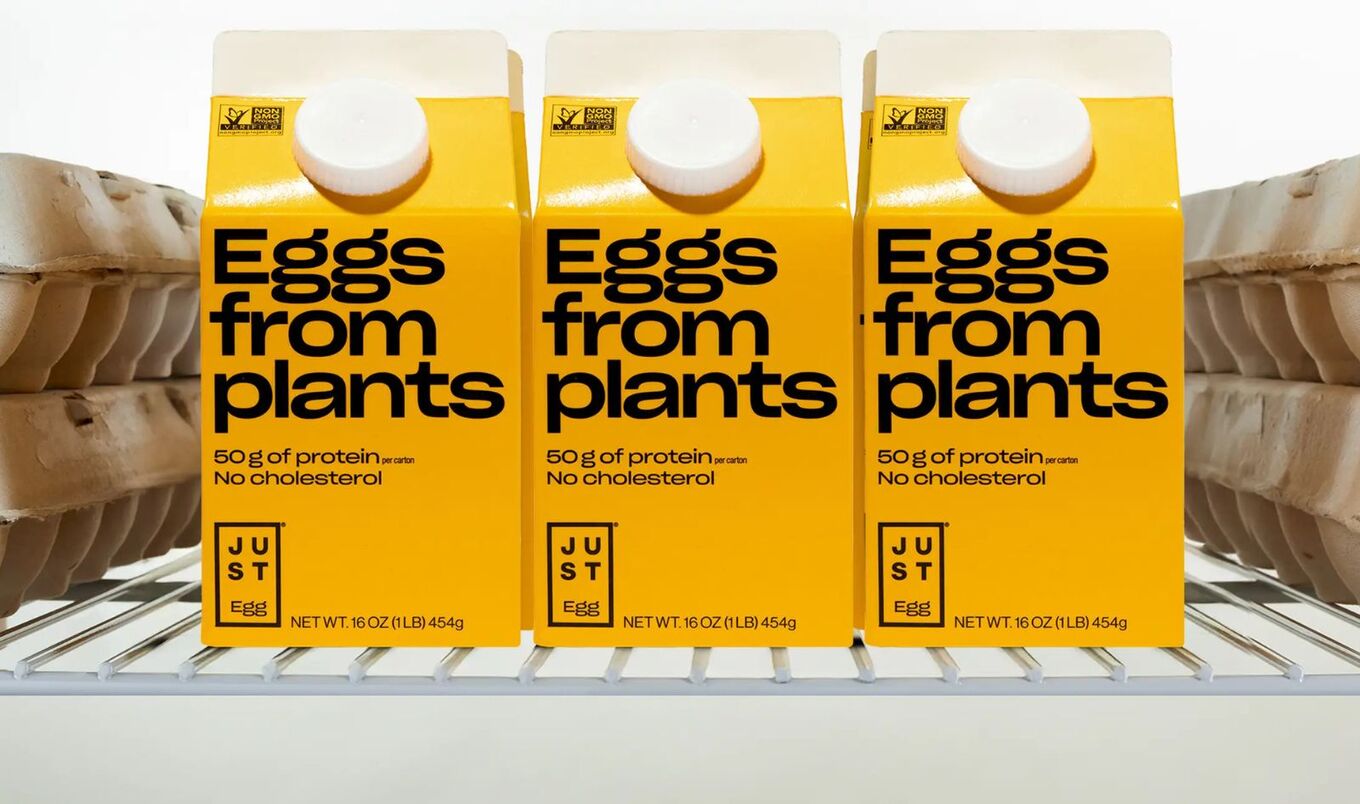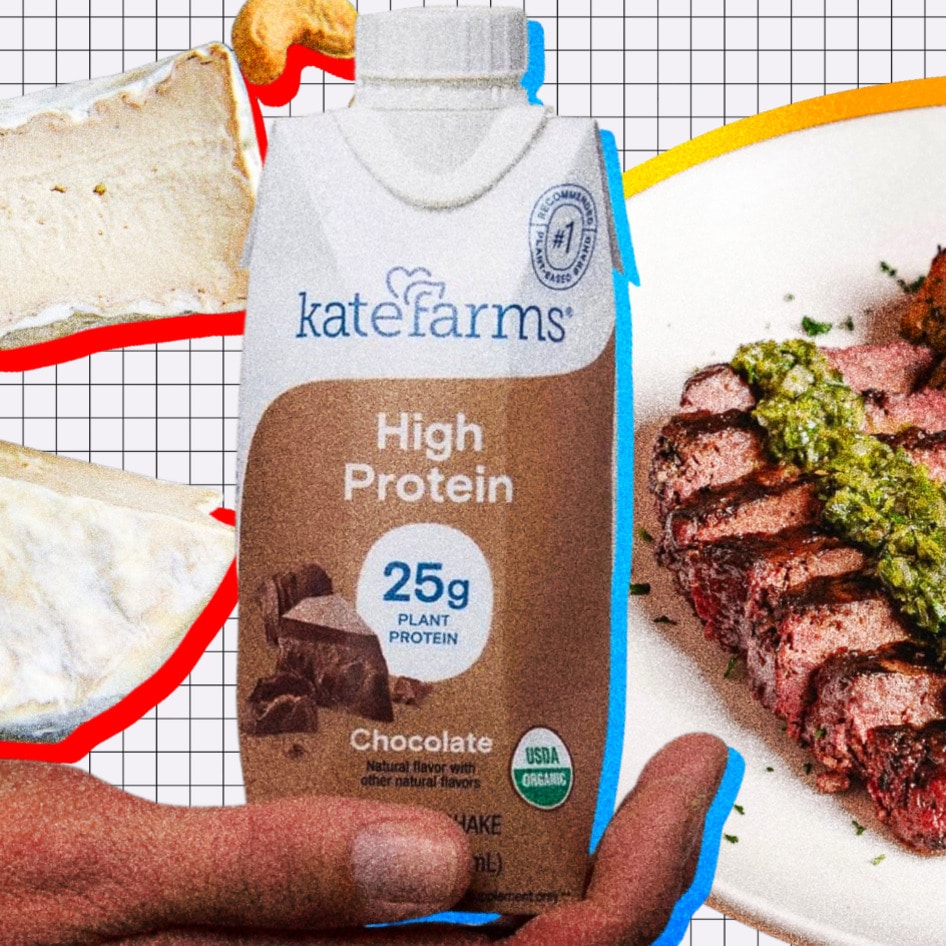What makes people want to eat more plant-based eggs? Two researchers were keen to find out, so they put the question to the ultimate test.
Their findings, published last month, showed that environmental impact and animal welfare are the main motivators, which isn’t too surprising. But the researchers—University of Illinois doctoral student Da Eun Kim and Purdue University professor Brenna Ellison, PhD—also dug deeper to see when someone is most likely to try a plant-based egg. That insight proved especially revealing.
“We wanted to measure the consumer’s perception about plant-based eggs,” said Kim. “A vignette experiment allowed us to create hypothetical scenarios and isolate what consumers really think.”
 Eat Just
Eat Just
A vignette experiment is a type of research method used to understand how people make choices. Participants are presented with short, hypothetical scenarios, with small details changed each time. This allows researchers to see which messages or situations make people more likely to choose particular options.
The study found that most consumers were more likely to try a plant-based egg when it was used in a dish they already enjoy, like pancakes. After trying plant-based eggs once, participants were also more likely to try them again. “This suggests that consumers had a positive experience with the product previously,” added Ellison.
The study also found that while plant-based eggs were favored for their environmental and ethical benefits, traditional eggs were still preferred for expected taste and appearance. However, recent trends suggest that consumers may increasingly need to adapt to plant-based alternatives.
 Eat Just
Eat Just
The changing egg market
Recent years suggest plant-based eggs could play a bigger role in the future of the egg industry. An outbreak of bird flu has caused major disruptions in the global egg supply, leading to shortages, supply chain issues, and soaring prices.
While cases of the virus have slowed, the outbreak is ongoing. Experts warn that falling cases may be seasonal, and rates could climb again in fall and winter. “The flu is still there, and we just don’t know enough about it,” said virologist Angela Rasmussen at the University of Saskatchewan, speaking to Scientific American.
Bird flu and egg shortages have also pushed more people to try plant-based alternatives. Eat Just, the producer of mung bean–based liquid egg Just Egg, has seen rising sales.
“Often, we’re the only egg option in stock, creating an unprecedented awareness opportunity in the plant-based category,” Just Egg CEO Josh Tetrick told VegNews earlier this year.
“I think this is the most important moment for any plant-based product ever,” he added. “Americans want their morning omelets and scrambled eggs, and we’re here with a reliable, planet-friendly choice.”
To make plant-based eggs even more appealing, the new research suggests brands should focus on accessible ways to introduce their products to new customers.
“Introducing them as an ingredient, especially in a product that consumers are comfortable with, is a way to get people over any ‘mental hurdles’ associated with trying plant-based eggs,” Ellison said.
For more plant-based stories like this, read:
JUMP TO ... Latest News | Recipes | Guides | Health | Subscribe









